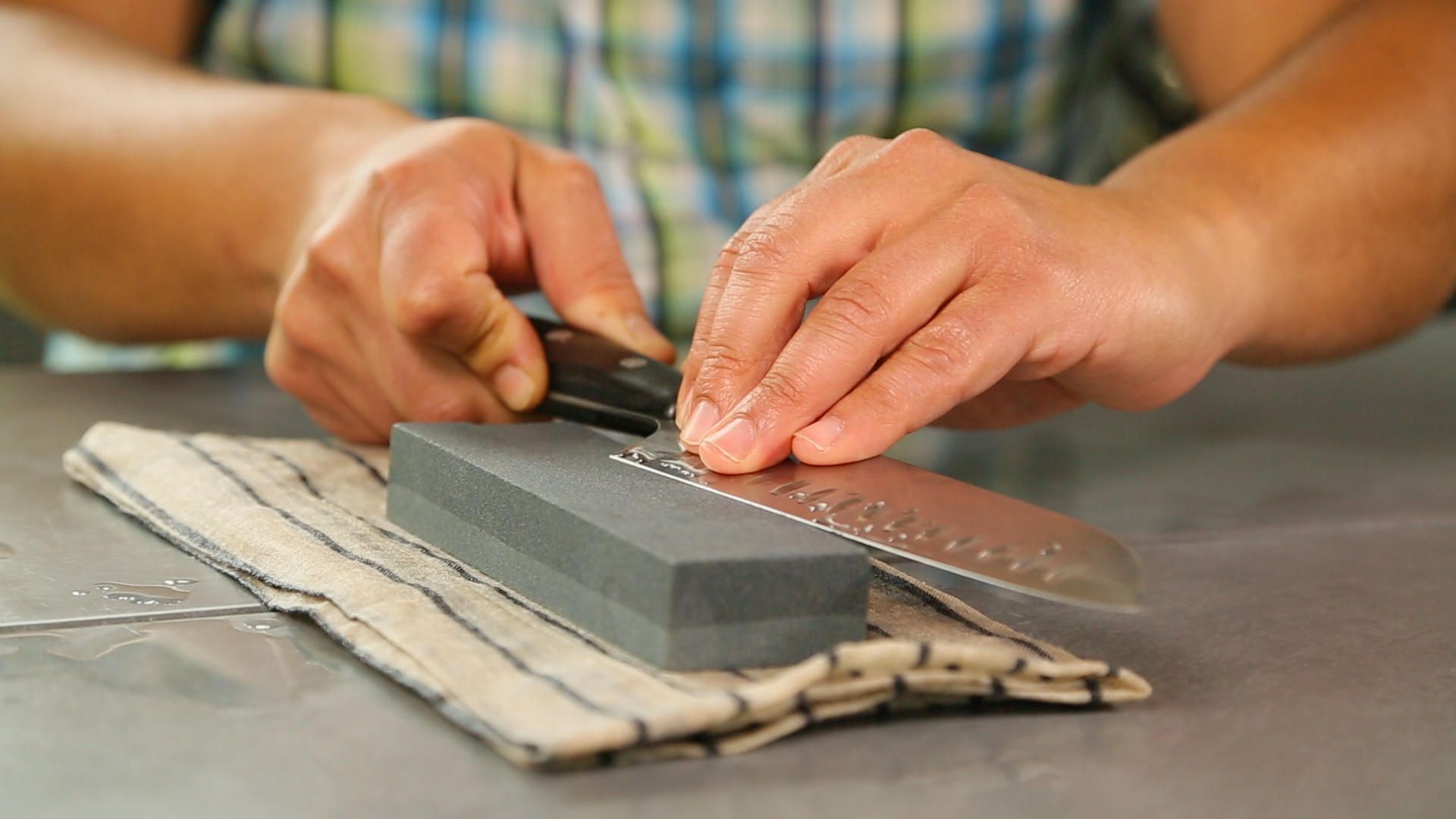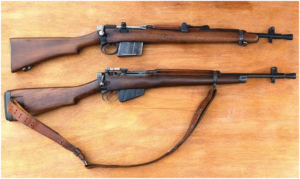
All about Knife Maintenance and Storage
Knives were the earliest tools used by humans, demonstrating how handy and important they are for a wide range of jobs. Knives, like other instruments, require adequate maintenance in order to remain usable for a long period. The following guidelines apply to most knives, whether they are folding knives or single-blade knives.
Cleaning Instructions
Cleaning and drying blades after each user are the first guideline of effective knife care. This entails cleaning the entire component, from blade to grip. While contemporary knives have more rust-resistant blades, they can still be affected by corrosion and oxidization if not cared for properly.
When cleaning your knife, stay away from aggressive cleaners and chemicals. Look for cleaning solutions designed exclusively for blades on the market. A stainless blade should be rinsed in warm water. Add the bicarbonate of soda to the hot water washing if the sharp edge is carbon steel. If any parts of the knife remain rusted, just clean them with such a steel wool brush and vodka.
Preventive Medicine
Preventive maintenance performed on a regular basis is the key to avoiding knife issues that may require repair. And if it is too late and your knife wants a repair so you must visit
www.knifesharpeninglosangeles.com . Taking care of your knife is a basically simple sense, such as avoiding cleaning it in the dishwasher, which can cause the blade to crack or chip, or not soaking it in water for an extended period of time.
Lubricating the knife should always be part of your regular knife care practice. When you’re done cleaning the knife, dampen a towel with oil and massage it over it. Make sure there’s no extra oil on the knives.
You should also take as much care of the handle as you do of the blade. Wipe the knife grip using the appropriate cleaning solution for the material. If you’re using a pocket knife, take your time slamming the blades back into the handle; slapping it back too quickly will dull the blade or break the handle.
Keeping Your Knife Safe
When you buy utility and cutlery knives, they usually come with a storage device. A blade block or a knife’s holster, for example, are excellent in shielding the knife from the weather. However, because blades are regularly used, such systems are only for short-term storage.
If you need to store your knife for an extended period of time, seek long-term storage methods made of non-acidic materials to prevent your knife from corroding. Make absolutely sure the knives are completely dry before putting them away. Wrap the knife in a soft cloth once it has been oiled. Keep your knife somewhere dry and cold.
Besides following these steps if your knife gets damaged or is in need of a repair or sharpening knife so the most viable option for you is to visit
www.knifesharpeninglosangeles.com.They will make sure that your problem is solved with the minimum cost and maximum efficiency. And they are the best in this work.



